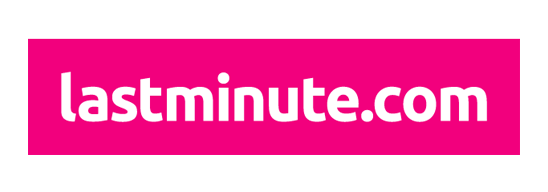Letgo is the biggest and fastest-growing app for buying and selling locally.
Letgo is a desktop application (SPA) and a mobile application with native implementations for every operating system. As Letgo’s organization is large, the UI experience of each client (Android, iOS, web…) is handled by a different team.
Letgo uses different clusters and configurations of KrakenD API Gateway per client, allowing each team to have its customized views of merged data.
The API contract used in every device is preserved and respected even when the backends need to change their specification. In addition, KrakenD provides automatic aggregation, and filtering capabilities that deliver a simple API for each device and team needs to the client.
Letgo makes intensive usage of all authorization and token revoking features allowing legitimate end-users to be accepted and illegitimate users discarded at the API layer without impacting any backend.
KrakenD API gateway inspects the JWT tokens and ensures that every user is within the allowed usage limits, with a valid signature and enough permissions to view the requested endpoint.
Letgo also uses KrakenD’s bloomfilter, which is ideal for supporting a massive rejection of tokens with very little memory consumption when needed. For instance, 100 million tokens of any size consume around 0.5GB RAM (with a rate of false positives of 1 in 999,925,224 tokens), and lookups are complete in constant time. These numbers would be impossible to get with a system backed with a database and allow Letgo a quick response on a distributed, stateless, and decentralized system.
Letgo was one of the main contributors to the InfluxDB integration.





